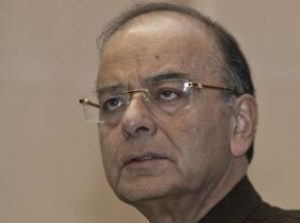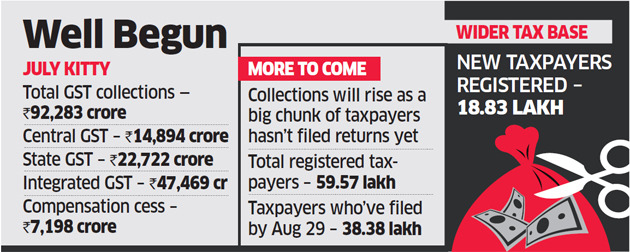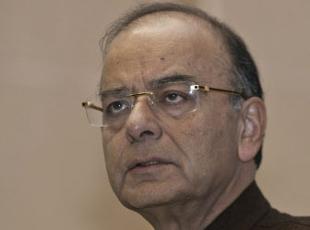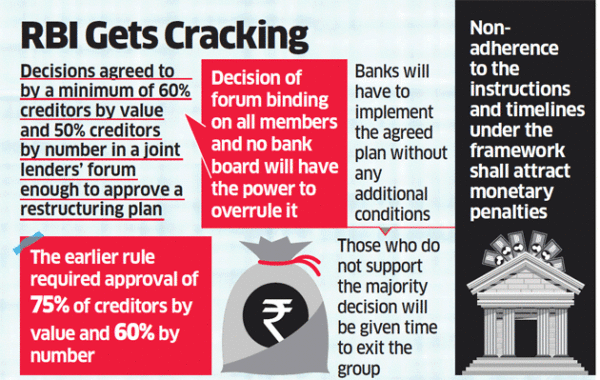
While the number of businesses registered for the goods and services tax (GST) has crossed 90 lakh, much higher than tax base in the previous regime, filing of even the interim (summarised) returns and tax payments are not keeping pace. Just over 30 lakh taxpayers have filed the interim return (GSTR-3B) for August, before the stipulated September 20 deadline, GST Network (GSTN) chairman Ajay Bhushan Pandey told FE. The glitches plaguing GSTN, the inability of a sizeable section of SMEs to comply and a general lackadaisical tendency among taxpayers are said to be reasons for the slack in the return-filing process. But the filing pace for August was not much slower than it for July GST — by August 20, the initial deadline for GST payment for July, only 32 lakh taxpayers filed the interim return and made tax payments; the figure rose to 39 lakh by August 29, the extended deadline without penal interest, and then to 49 lakh till date.
While about Rs 92,300 crore was collected as GST for July till August 20, a similar amount has been paid by the taxpayers till Wednesday for August GST, sources said. To make things easier for the business, the GST Council had extended the last dates for filing detailed returns — GSTR1, GSTR2 and GSTR3 — but businesses need to pay the tax with GSTR-3B filing. However, the slow pace at which even the interim returns are being filed is vexing the government — a TV channel reported that finance minister Arun Jaitley has asked the Central Board of Excise and Customs to submit daily reports of GST filings. With the GSTR1 for outward supplies for the month of July can now be filed until October 10 and GSTR2 for inward supplies by October 31, the government is now putting in place an interim arrangement for refund of taxes to exporters, as waiting for these funds for longer periods could hit the liquidity of thousands of exporters. Pandey said that some assessees were still filing return for July along with August. For July, there were nearly 60 lakh eligible taxpayers and this number must have moved up for August and new registrants are being added.

Pandey said the GSTN portal could handle the sudden rush in filings in the last two to three days, which displayed its robustness. He said GSTN accepted up to 85,000 returns per hour on Wednesday, as nearly 14 lakh assessees filed the interim summarised return on that day. While the government is keeping its fingers crossed on the GST revenue, analysts expect it to cut rates — at least for the goods that fall under 28% slab — given the robustness of collections. The government is closely examining the huge transitional credit claims of Rs 65,000 crore by the industry — these can be availed of by the industry against its supplies in the next six months. Sanjay Garg, partner, indirect tax, KPMG in India, said: “Expansion in the tax base at the outset due to the applicability of GST on transactions not taxed before would likely shrink after the industry avails the credit generated by payment of tax on such newly-taxable transactions. The GST collections might decline. It is apparent that fingers would remain crossed at least for next two quarters of (FY18).” Earlier this month, the GST Council had constituted a group of ministers (GoM) under Bihar deputy chief minister Sushil Modi, to resolve issues faced by businesses while filing returns and paying taxes on GSTN portal. The GoM met earlier this week, and assured taxpayers that most technical glitches in GSTN would be resolved by October-end.
Source: Financial Express






